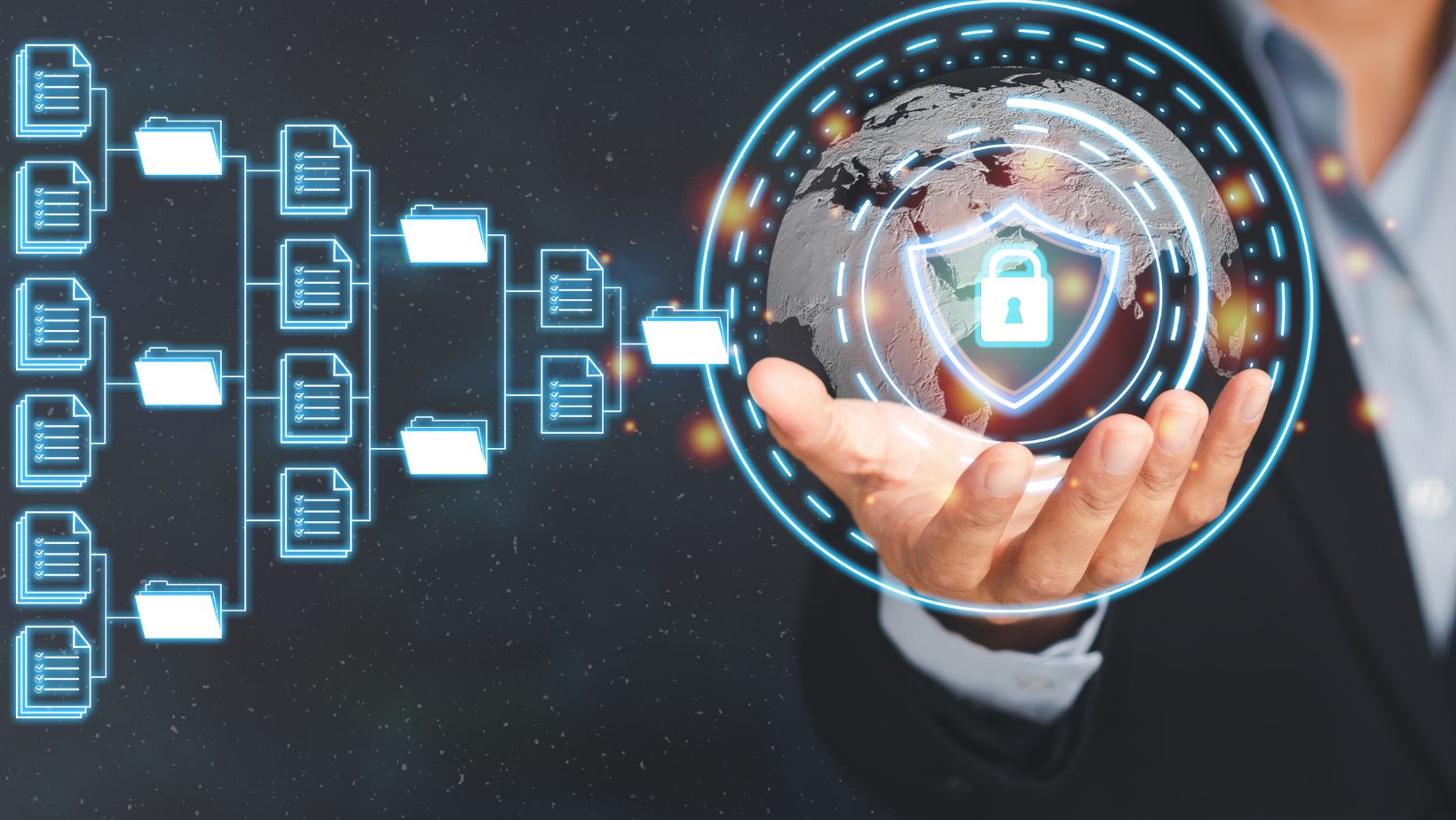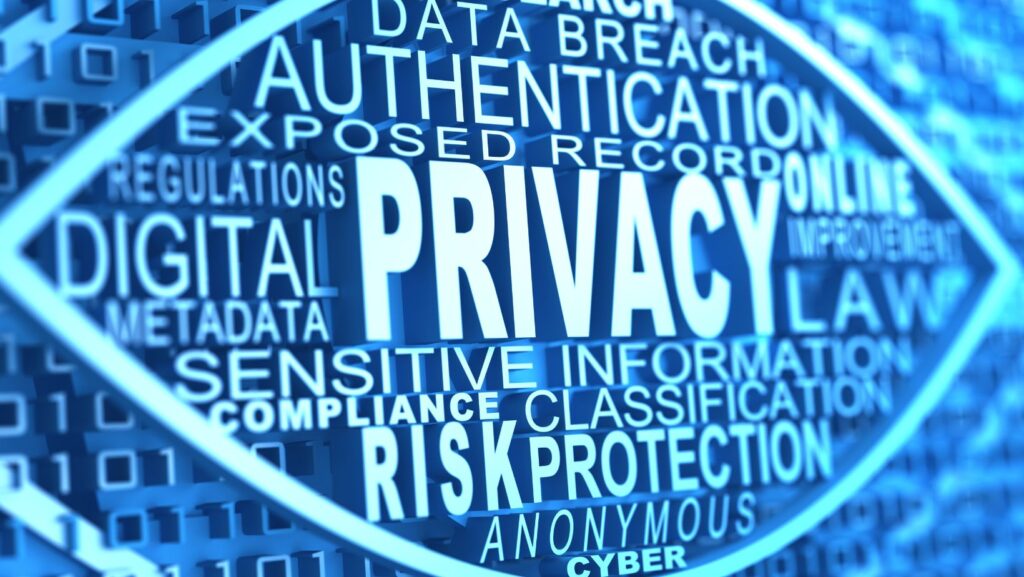If you’re like most people these days, your life is increasingly digital – from banking through to shopping, and staying connected with family, you will rely on your devices for almost everything. But that convenience comes with dangers. Cybercriminals are always on the lookout for weaknesses, and a few small missteps can put your personal information at risk. The good news is that strengthening your online security doesn’t have to be complicated. Here are a few simple, practical steps that you can take right now to protect your data and privacy so you can browse with confidence.
Create strong, unique passwords
Think of your passwords as the ‘keys’ to your digital house. If you reuse them, a cyberthief only needs to steal one password to unlock everything.

Use long, complex combinations of letters, numbers, and symbols, and avoid personal details like birthdays. And use a password manager to help you generate and store strong, unique logins so you don’t have to remember them all.
Enable multi-factor authentication (MFA)
Even the strongest password can be compromised. For an extra layer of protection, enable multi-factor authentication (such as a code sent to your phone) wherever possible to add a second lock to your account. Many banks, email providers, and social networks now offer MFA, and so does the Canada Revenue Agency, so turn it on to make it harder for hackers to gain access.
Protect yourself when using public Wi-Fi
Free Wi-Fi at airports, café or hotels can be tempting, but it’s risky since hackers often lurk on unsecured networks waiting to intercept your data. Avoid logging into bank accounts or buying anything on public Wi-Fi. If you do need to connect, use a free VPN for iPhone or another trusted VPN service to encrypt your traffic and keep your information private.
Keep devices and software updated
Software and device updates aren’t just about exciting new features – they also patch security holes that attackers might exploit. Make sure that automatic updates on all your devices, from laptops to smartphones, are enabled to avoid gaps in security. For apps that don’t update automatically, set yourself a reminder to check for updates manually every few weeks.
Build smart digital habits for online security
Staying safe online doesn’t require you to be a tech or cybersecurity expert. By creating strong passwords, enabling MFA, being careful with public Wi-Fi, and keeping your devices updated, you can protect your personal information and enjoy all the benefits of the digital world.
